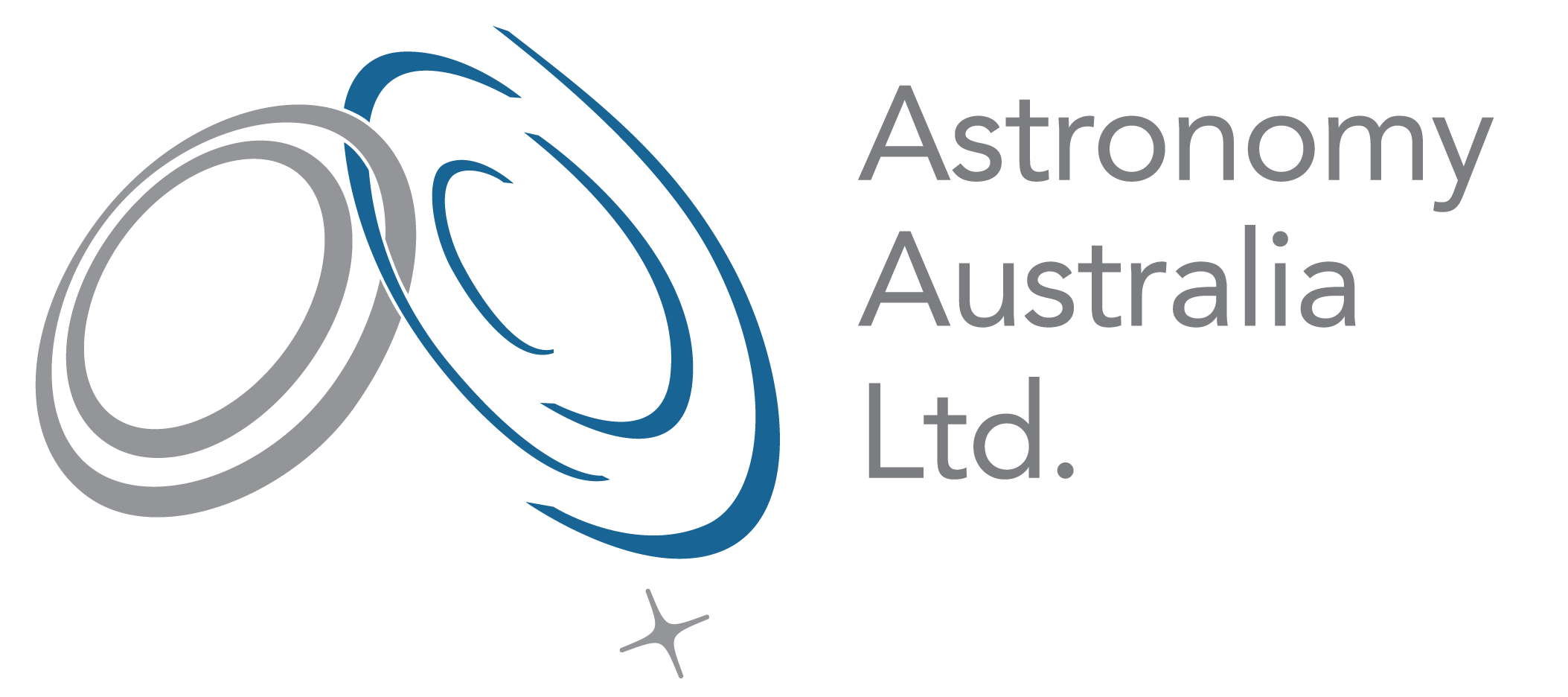Once in place, AESOP’s Echidna tilting spine technology will simultaneously position 2,448 optical fibres at the focal surface of ESO’s VISTA telescope. Using AESOP, the 4MOST spectroscopic survey instrument will observe the southern sky for 15 years, obtaining spectra for millions of targets. AESOP is able to position all of its fibres on 10-micron targets in less than 1 minute.
Unfortunately, COVID-19 travel restrictions prevented Astralis-AAO staff from completing assembly of AESOP on site in Germany. They will, however, now be able to remotely supervise staff from the European 4MOST partners consortium, as the instrument is unpacked and delicately put together.


